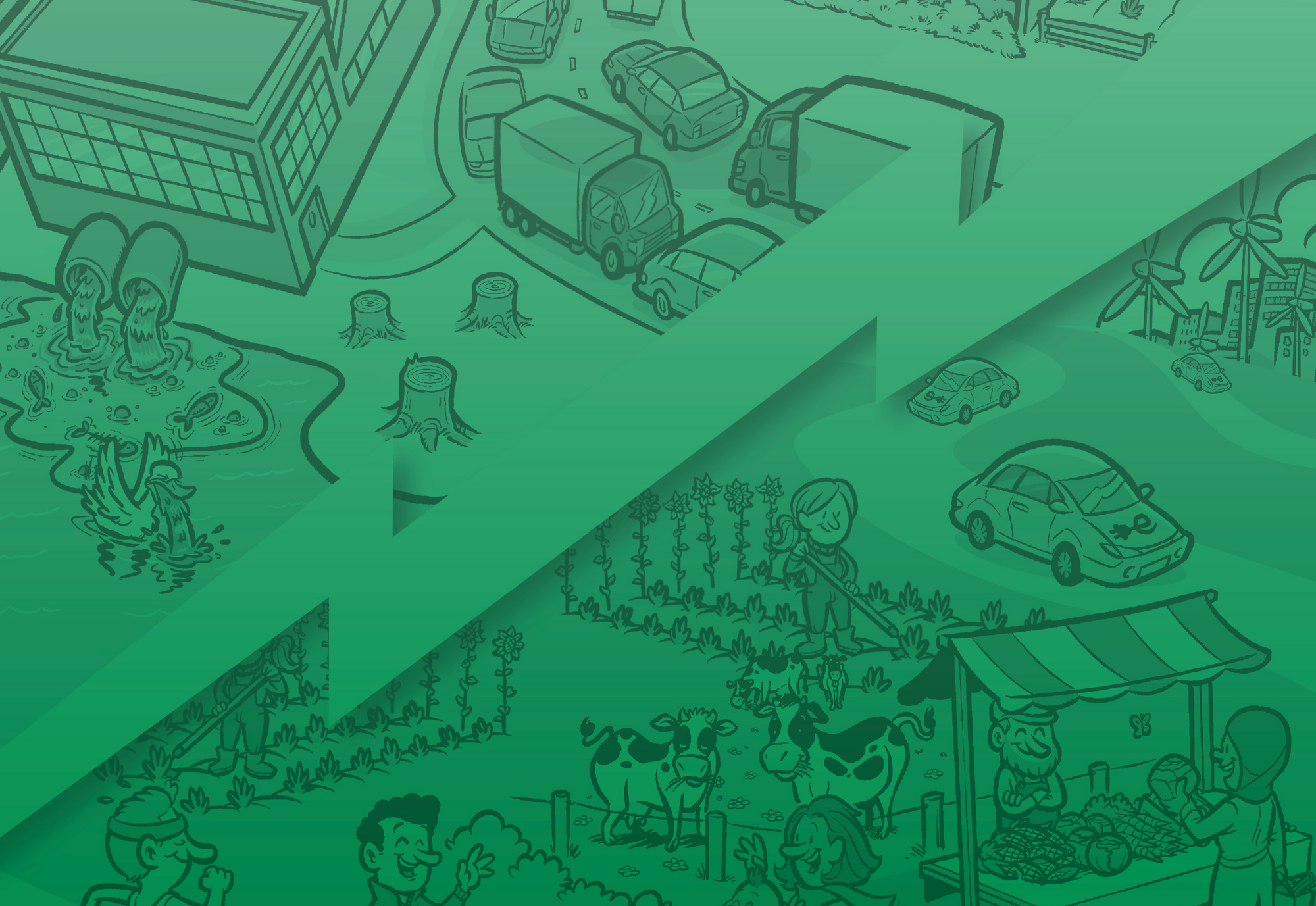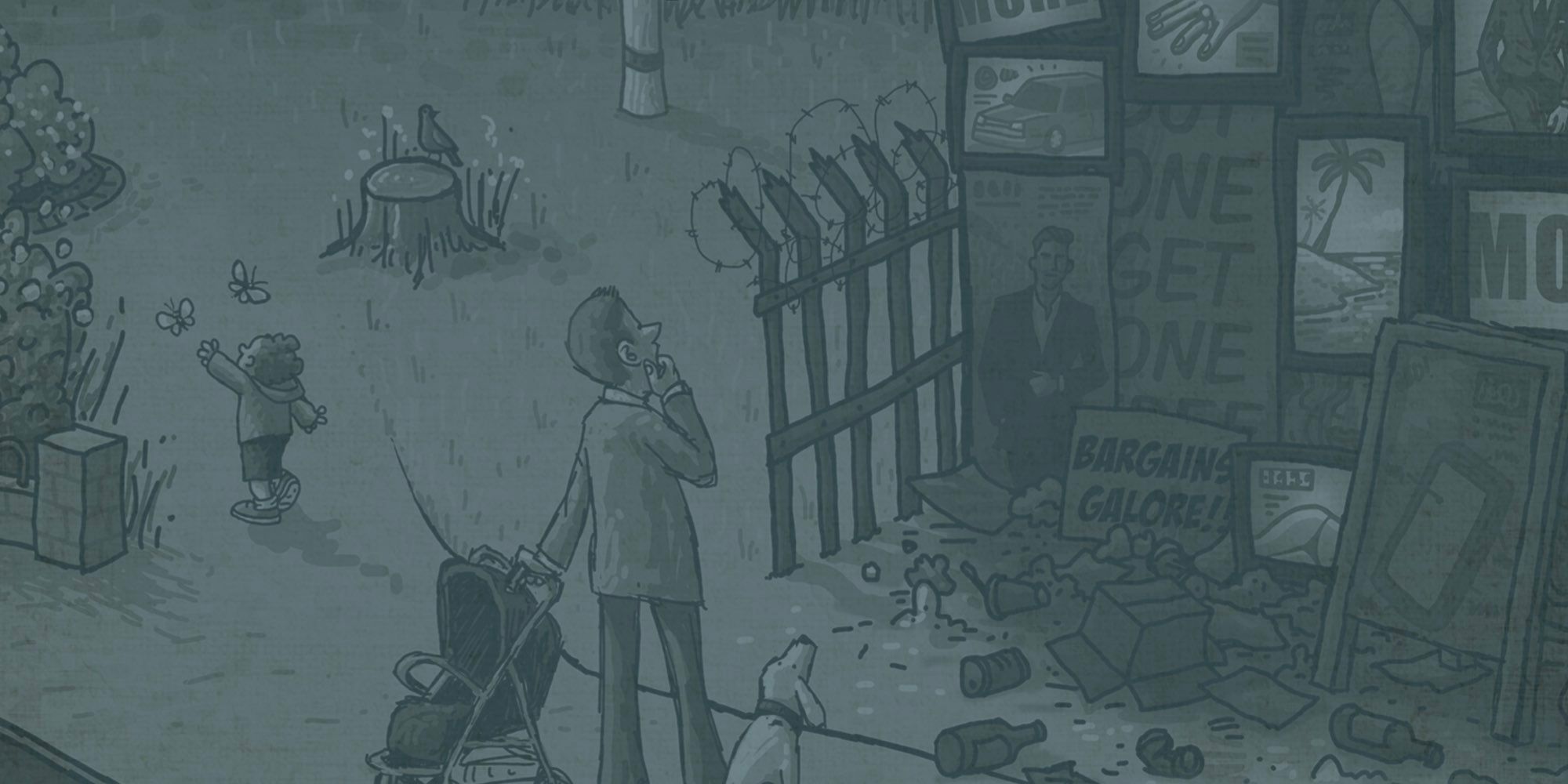
Climate Emergency: Economics, Politics, Honesty
This Framing Paper by Jonathan Essex on behalf of Green House Think Tank outlines areas of focus for our forthcoming project. Green House is grappling with what this all means in practice and welcomes contributions and collaboration.
Change is required at all levels – ‘everything, everywhere, all at once’ – to disrupt the status quo. Otherwise, current vested interests and established power structures will prevail and will contribute to both ecological and social breakdown. Every aspect of our current system must be challenged. This entails finding a way to end the paralysed state into which citizens have fallen.
- Why are we still not truly facing up to the climate emergency – without doing which, we also have no hope of tackling broader ecological overshoot?
- What aspects of addressing our predicament are not fully acknowledged, let alone taken up politically or economically?
- What is blocking change at the scale required and shielding from view the need to transform our politics and economic systems?
- Why are we avoiding putting an end to growth in terms of our collective demand for transport, materials and energy – and instead drastically reducing this demand?
Certain understandings need to gain common acceptance. Namely, there needs to be a genuine acceptance of the dire consequences of exceeding climate and ecological boundaries. Avoiding transgressing these boundaries implies placing physical limits on what humans can use and consume, in terms of resources and energy. Once the need to place such limits is accepted, the question arises of how the limited resources are distributed – between countries and between individuals within countries. How this should be decided and by whom leads to questions around governance, democracy and power.
‘Everything, everywhere, all at once’
This paper highlights the true extent of honesty required regarding the impact of the climate emergency on politics and economics. Some aspects have been under-explored to date, shielding public discourse from the implications, the difficult choices and the extent of change needed.
Broad acceptance needs to be achieved around some key challenges: There is a resource crunch and Green growth and technofixes are an illusion. Accepting the limits implicit in the above opens up the question of what type of politics is most appropriate to the predicament our society faces. It is then critical to consider the governance changes that might be required to enable a transition to a liveable future.
- How will our society limit its energy and material demand and wean itself off fossil fuels? What mechanism will govern the activities in our economy to ensure it doesn’t exceed an equitable share of space within global planetary boundaries? By what process will our society’s ‘equitable share’ be decided?
- What is needed at the international level to facilitate change and to avoid exacerbating the injustices and inequalities created by colonialism as resources become constrained? What does this mean for reducing global trade and hyper-mobility, welcoming climate and ecological refugees and limiting population growth through women’s empowerment?
- How can redistributive economies be forged? How might the expanded provision of universal services ensure a decent quality of life for all, including restructuring energy pricing, creating accessible public services, increased local community provision and place-based planning? What is required in terms of constraining overall investment and resource demand to avoid driving growth alongside creating new jobs and strengthening welfare provision?
Green House Think Tank is grappling with what this all means in practice and welcomes contributions and collaboration.
Related work:





